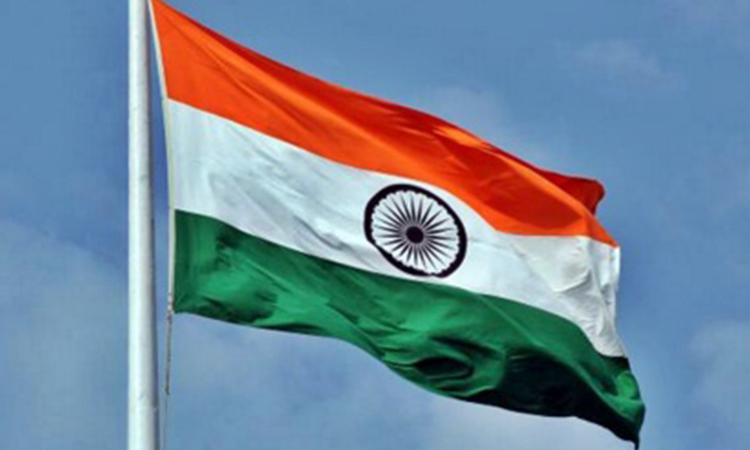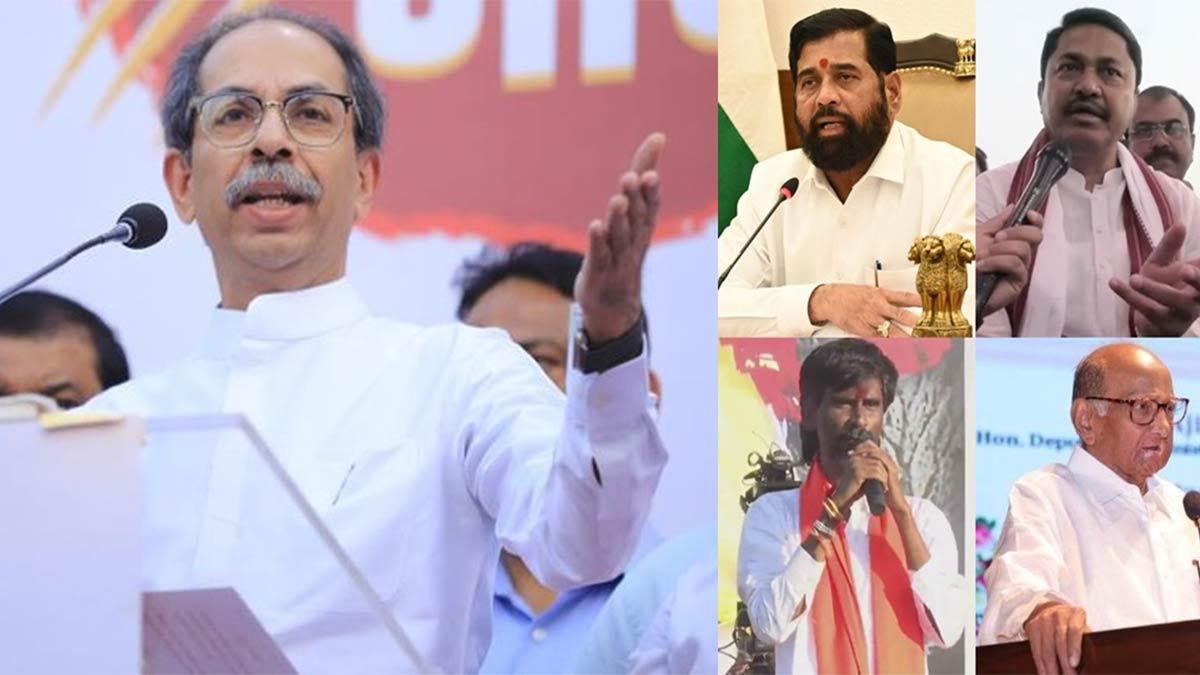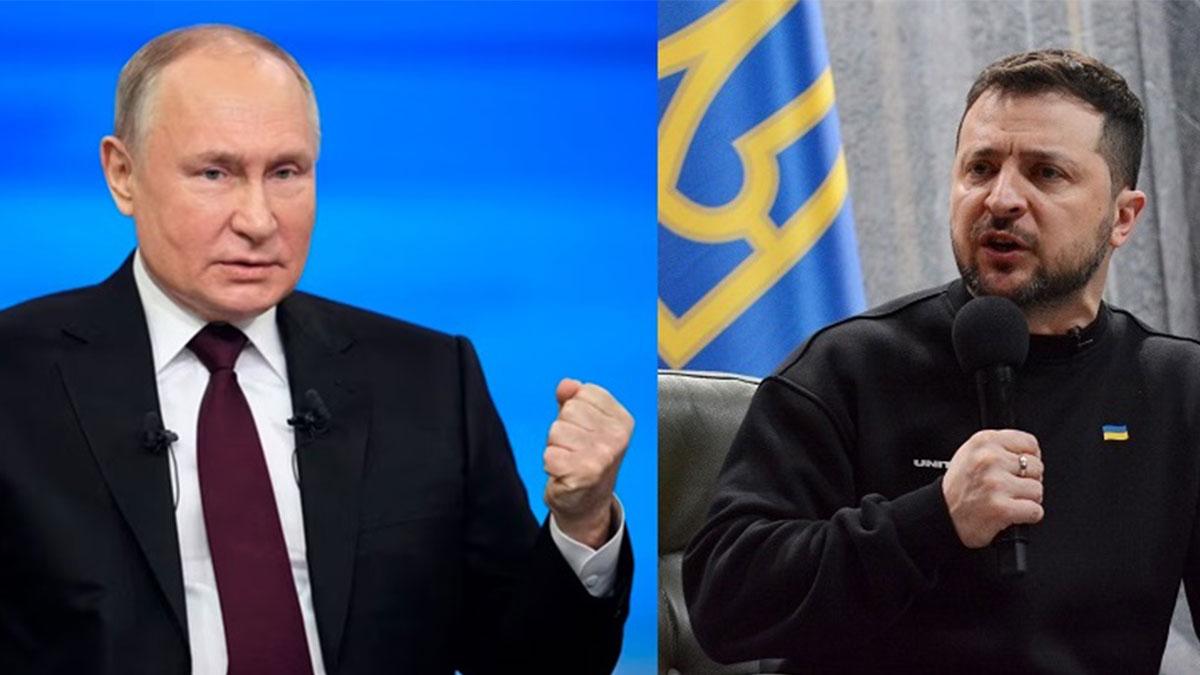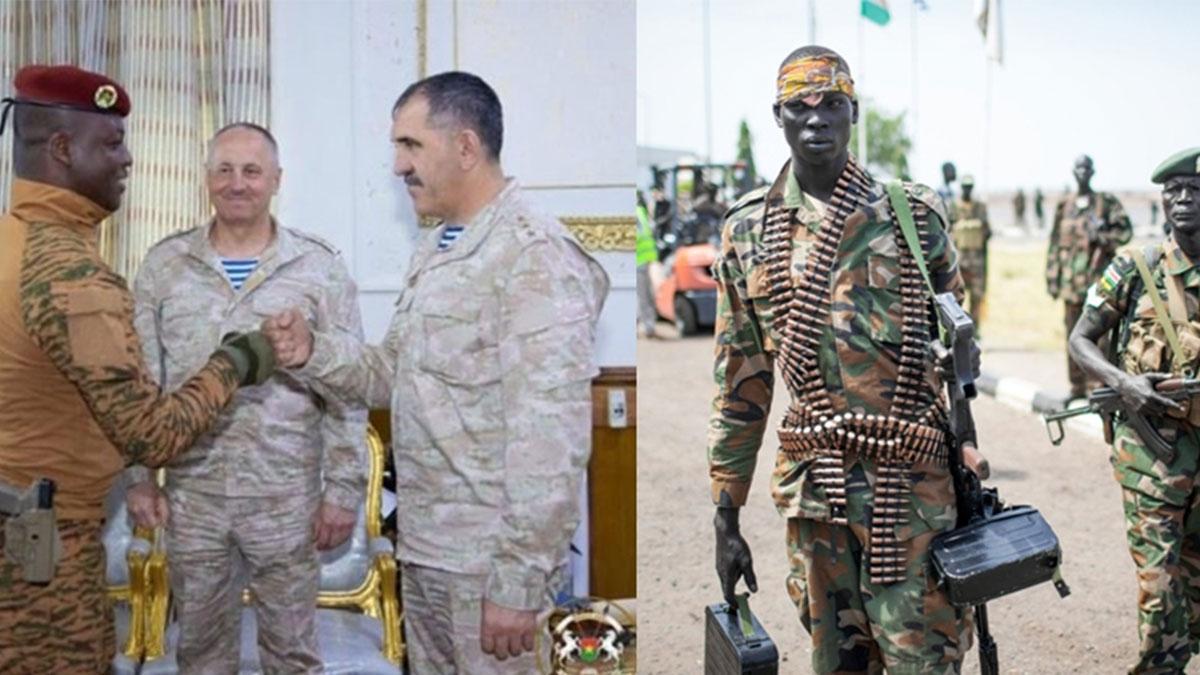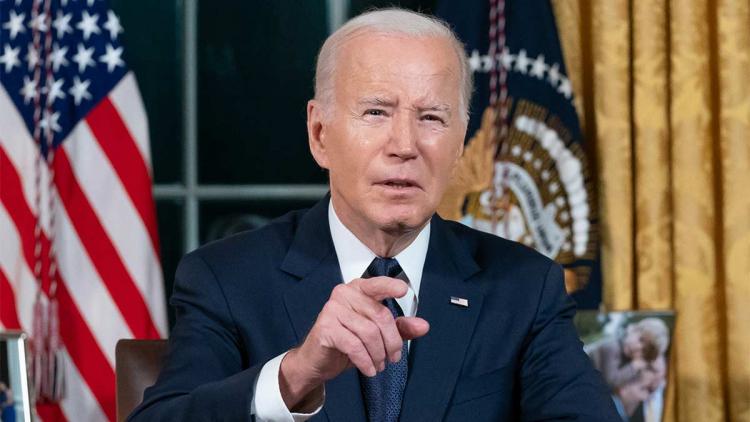In the environ of disruption and internal divide whipped up by certain political forces in India in their quest for power, it is necessary to distinguish the national identity of India with its democratic dispensation from the narrative of doom created by these contestants in public life.
In today's time the nation state has to conform to certain basic paradigms in order to measure up to the mandate of Kautilya's Arthashashtra that the 'King's happiness lies in the happiness of his people'. Five components of the matrix that defines the norm for such a state suggest themselves and any public evaluation of the same would be the right base on which to judge the performance of the present regime.
First, a nation cannot exercise sovereignty unless it feels autonomous and strong enough to counter any hostile moves of an adversary or speak up for a right cause for the world at large. A nation with self-pride cannot be taken for granted -- for this all its citizens must have a sense of identity with the former and stakes in its unity derived from shared interests and security outlook.
Prime Minister Modi has been able to give a message to the world that India had a new strength, military and moral, to deal with an aggressive adversary outside and any subversive forces within. The nation is witness to the people reposing full confidence in the Prime Minister's political will to punish an external enemy like was the case in the surgical strike at Balakot and the military build-up in Ladakh ordered on the first signs of Chinese aggressiveness on LAC in that sector.
Also Read | Will Russia-led Moscow format upstage Doha talks to resolve Afghanistan's crisis?
The consistency of the security policy of 'no talks' with Pakistan unless the latter stopped cross-border terrorism against India, has been fully endorsed by the people of this country -- discordant voices of a few 'intellectuals' indulging in 'politics by proxy' were largely peripheral.
In matters of national security two things are crucially important -- one, that they would be kept above party politics and second, that there should be a fuller understanding of the concept that in a democratic state 'security for all also meant all for security' -- highlighting the awareness of the citizens about their own contribution to national security.
In the Modi regime, Prime Minister addressing the Foundational Course of Indian Civil Services on the one hand and the first Combined Commanders Conference chaired by the new CDS on the other, sent down the message that the nation attached highest importance to national security and public service.
Secondly, a modern nation state realises the importance of economic growth in making it strong -- this was something even Chanakya's statecraft of 300 BC vintage laid down when it advised the King to work not only for the defence of his kingdom but also for its prosperity.
The link between security and economy is now fully acknowledged in the doctrine that 'national security was inseparable from economic security'. Prime Minister Modi's grasp of this is evident from the tireless effort he has made towards the country's economic recovery despite the lingering pandemic.
His statesmanship came to the fore in the perceptive policy formulation he made in the advocacy of 'vocal for local' for the purpose of making India economically self-dependent. His appeal to investors outside to come here for 'make in India' is producing results as in his charge the country has progressed towards the goal of 'ease of doing business'.
Reasonable monetisation of public assets is in line with the objective of making India financially strong within the norms of globalisation -- India had the singular advantage of having many big players in business who were naturally given to handling global operations because of the lead the country had taken in the domain of IT. Prime Minister Modi is perhaps the first leader who drove the application of technology in all spheres of national life with a rare passion. India is going to see the long-range benefit of this -- the fact of rise of per capita GDP notwithstanding the internal inequalities is keeping the country on the path of economic advancement.
The third defining feature of nationhood is a certain commonality of perspective that must exist amongst the citizens on the happy and unhappy memories of history, equality of opportunity in the present and a sense of shared destiny of their country in terms of what lies ahead.
Interpretation of history is somewhat problematic for Indians because the narratives on ancient India of five thousand years ago are not shared enthusiastically by large sections of population conditioned by Prophetic religions for whom the civilisation itself began much later.
The Quran insisted that the world was in a state of 'zahaliyat' or utter ignorance before the advent of Prophet Mohammad. To make matters worse, evaluation of rulers of India in the recorded history runs into serious differentials because the communities took a mutually contradictory view of the monarchs who ran their regimes on the diktat of a particular religion or faith.
It is remarkable that Chanakya, the greatest philosopher of ancient India on statecraft, kept the state above divisions of class and region and reminded the king to follow his Dharma or duty that essentially had a secular core. Prime Minister Modi has promised development for all and equal protection of law for every citizen -- these are the built-in components of a secular governance that did not need political publicity.
Indian democracy resting on one man one vote and the constitutional mandate of the political executive not carrying any denominational stamp, gives itself a strong secular foundation but some opposition forces indulging in minority politics alleged that the Modi regime was deviating from it. India's nationhood demands that all communities would respect the country's national symbols and yet some political elements raised controversies about them for vote bank objectives.
The Indian Constitution defines fundamental duties that called upon the citizens to promote patriotism by showing respect for the national symbols. Politics cannot be allowed to damage the base of nationalism. Prime Minister Modi should strictly put down elements who tried to weaken the nation by questioning its flag or the national anthem.
Fourthly, it is unfortunate that historical repercussions of the cataclysmic Partition that accompanied India's freedom are still casting their shadow on the present, largely because of the machinations of Pakistan and the doings of pro-Pak elements in this country.
Pakistan continues to raise the issue of Kashmir on the ground that it was a Muslim majority state that need not abide by the accession to India opted for by the Maharaja. The play of Islamic card by the Pak-ISI that resulted in the forced eviction of Kashmiri Pandits from the Valley in the beginning of the Nineties intensified Hindu-Muslim divide in this border state and, in fact, in the entire country.
This happened around the time Pakistan -- flush from the victory of anti-Soviet armed campaign in Afghanistan for which it got all the credit from the US -- had decided to replicate the Afghan Jihad in Kashmir and sent in the first set of Mujahideen of the dreaded Harkat ul Ansar, a combination of Taliban and what would become Jaish-e-Mohammad -- into the Valley to push terrorism there to a new pitch.
Prime Minister Imran Khan has lately made direct attacks on the Modi government for not safeguarding the rights of Muslim minority and permitting 'Islamophobia' to grow in India. India's domestic scene is getting vitiated fast because of the pro-Pak lobbies within the country and outside fomenting a narrative of 'intolerance', suppression of 'diversity' and violation of human rights.
Pakistan is once again using cross-border terrorism in Kashmir to whip up the communal divide. Comprehensive ways and means have to be found to check the dangerous erosion of Internal Security caused by the inimical forces operating from outside in concert with pro-Pak elements inside -- they were exploiting India's vulnerability on the communal front.
Finally, the biggest threat to India's nationhood is from the faith-based terrorism emanating from the growing communal militancy fostered by the exclusivist Islamic extremism. A quick recall of Jamaat-e-Islami, a pro-Pak organisation establishing Students Islamic Movement of India (SIMI) at AMU in 1978 and a militant arm of SIMI called Indian Mujahideen (IM) subsequently joining up with global Islamic organisations like the World Assembly of Muslim Youth (WAMY) and more recently even with ISIS, is enough to show how Pakistan got the opportunity of fishing in the troubled waters of India once the vested interests played up the Minority issues here.
Also Read | Strategy beyond talkathon to deal with China-India border issues
Pak agencies have been sponsoring terror acts in India as part of the 'proxy war' against this country and the developments in Afghanistan leading to the return of Taliban-controlled Emirate at Kabul with the full backing of Pakistan as also the emergence of Sino- Pak military alliance primarily working against India, have multiplied this danger to our national security.
This is the time for Indian nationhood to revitalise and reinvigorate itself embracing all -- irrespective of caste, creed and region -- and for the citizens to rally behind the state in safeguarding the country against external and internal threats. They should realise that there can be no development in a situation of conflict and no growth without security. Internal security presently is on top of our national tasks being a part of our economic mission too.

